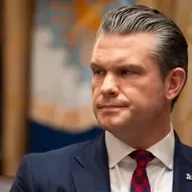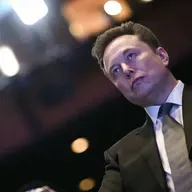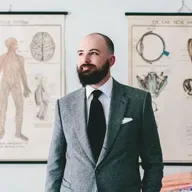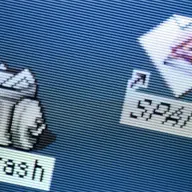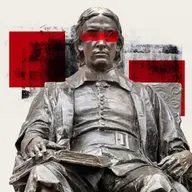
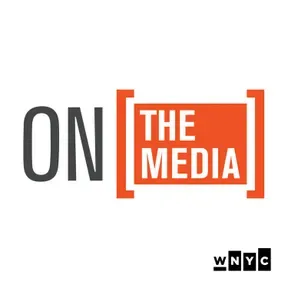
WNYC Studios
On the Media
The Peabody Award-winning On the Media podcast is your guide to examining how the media sausage is made. Hosts Brooke Gladstone and Micah Loewinger examine threats to free speech and government transparency, cast a skeptical eye on media coverage of the week’s big stories and unravel hidden political narratives in everything we read, watch and hear.

